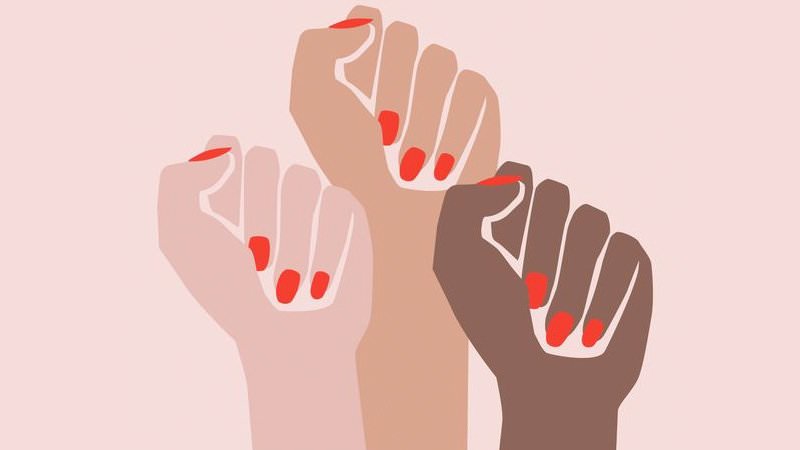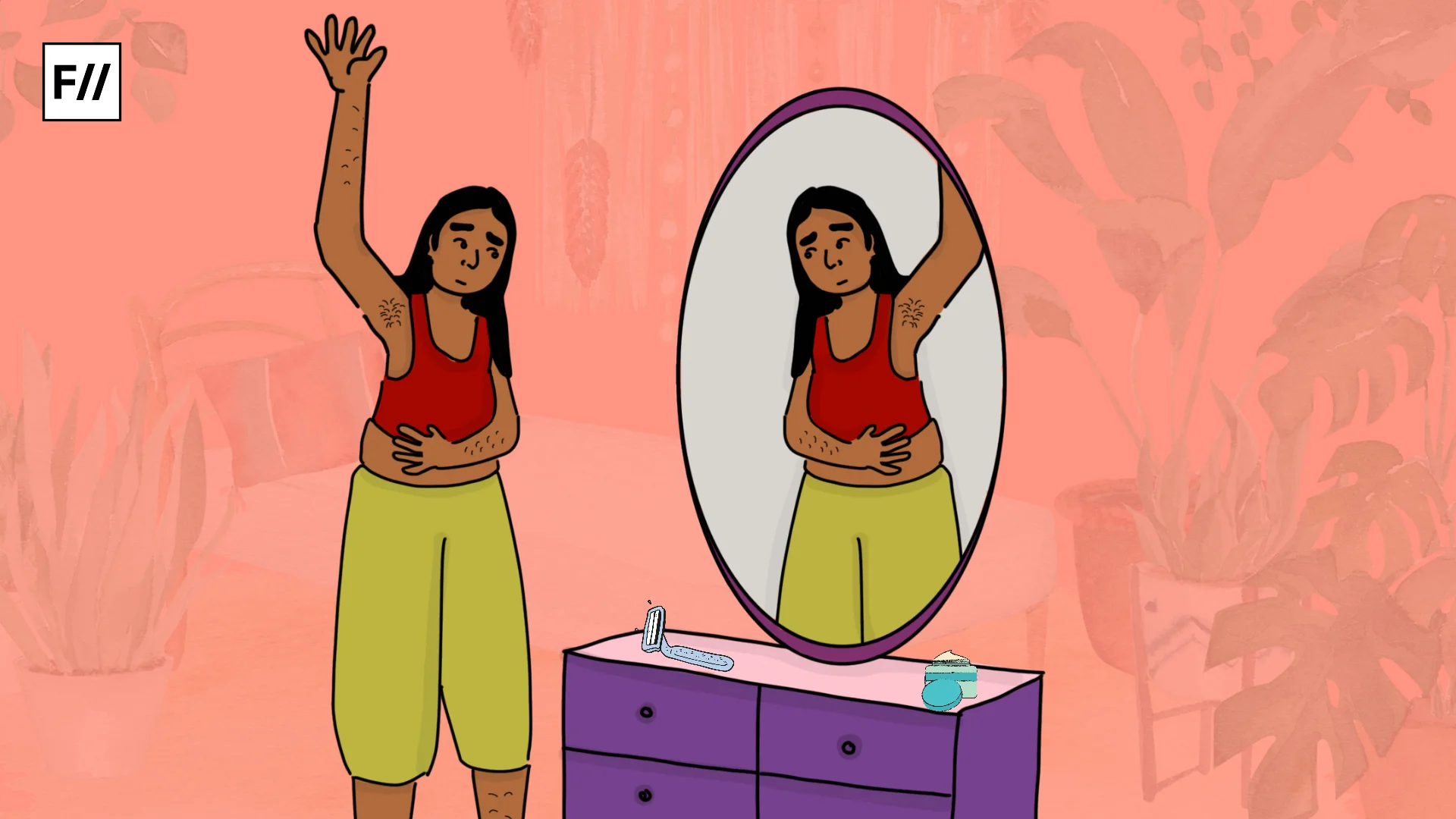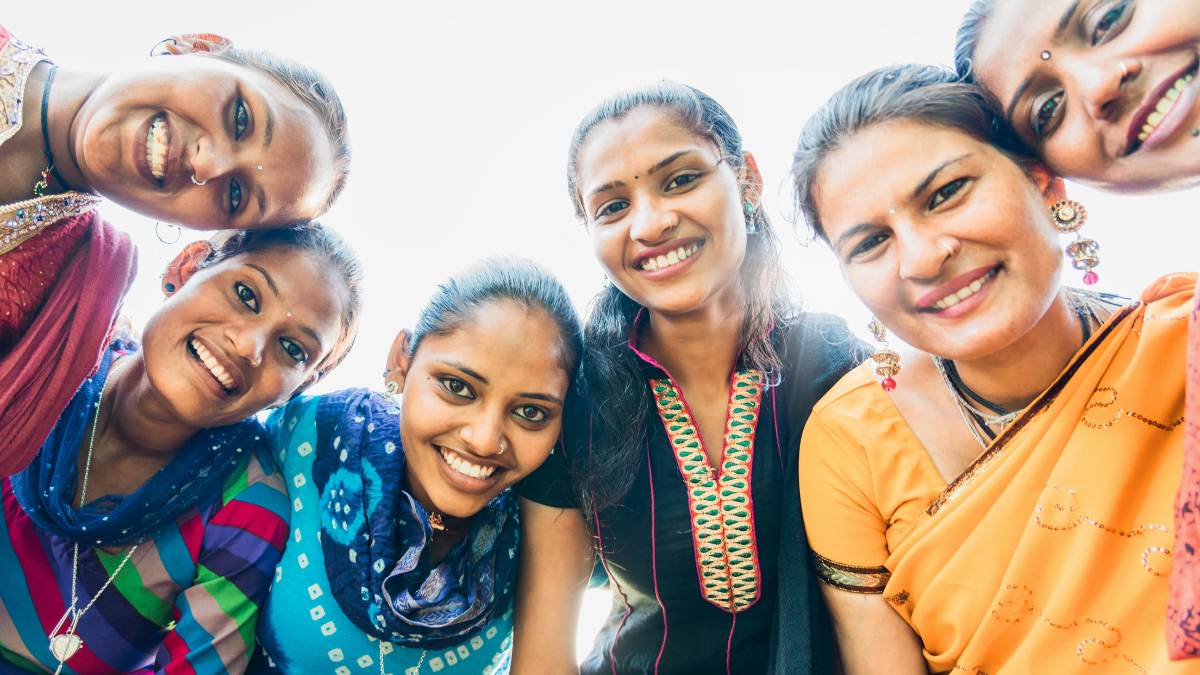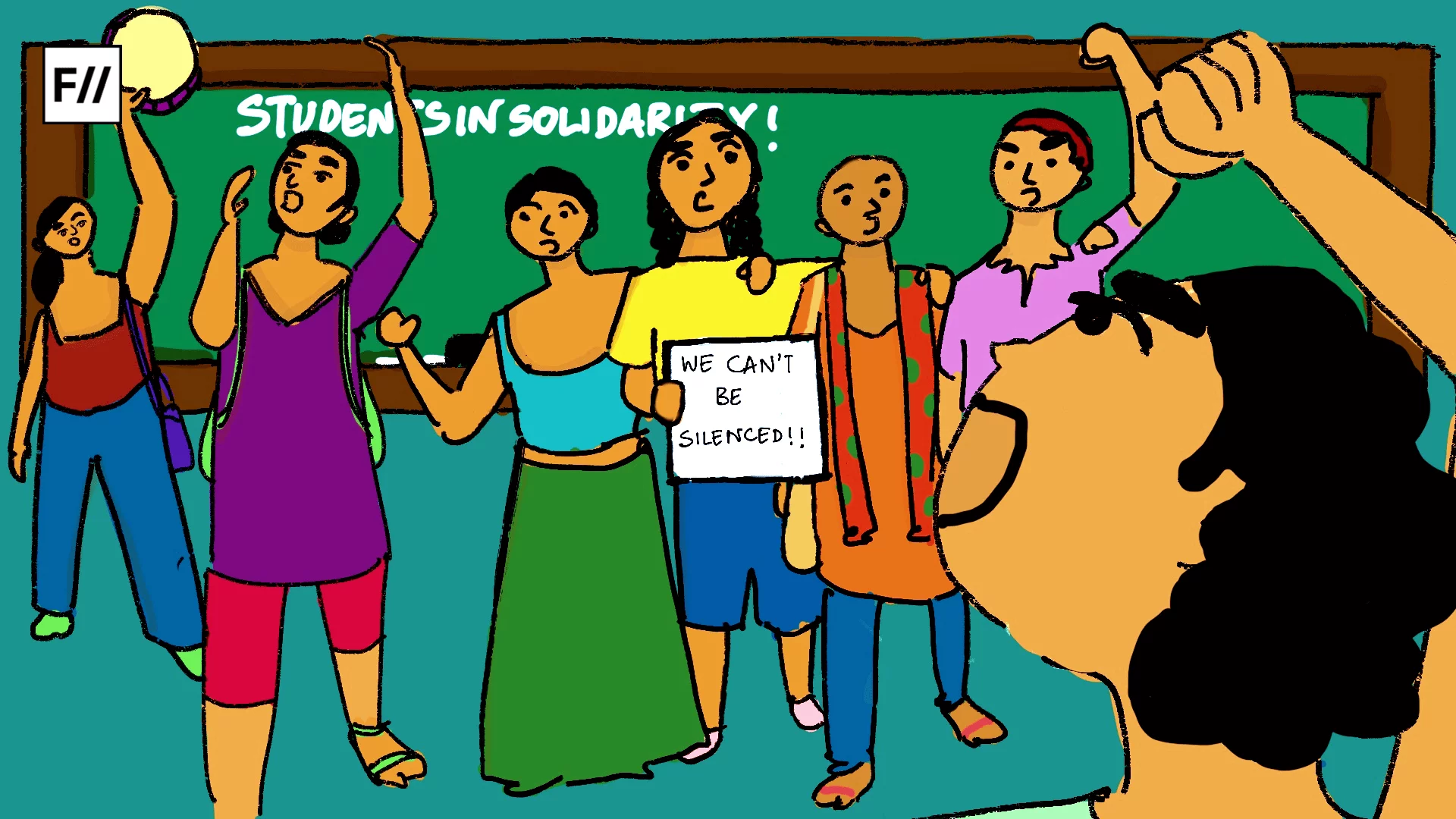Trigger Warning: References to sexual harassment and sexual assault.
Disclaimer: This piece does not seek to silence the voices of sexual abuse survivors of any gender, it only seeks to assess the gendered politics of space.
I dedicate this article to activist, Tarana Burke, a Harlem native who created the 10-year-old awareness movement, Me Too for women of color because otherwise this article would serve as just another example of invisibilising and because I want you to know about the Black woman who started it all. In a statement to Ebony she said: “It wasn’t built to be a viral campaign or a hashtag that is here today and forgotten tomorrow…what’s happening now is powerful and I salute it and the women who have disclosed but the power of using ‘me too’ has always been in the fact that it can be a conversation starter or the whole conversation – but it was us talking to us.”
I have been seeing a lot of cishet gender binary men using (or should I say squeezing themselves into this space?) the #MeToo hashtag to out themselves. Before getting into that, tell me, do you know why so many people of other genders and sexuality have used the #MeToo handle? Because our narratives are always questioned. Because a Woody Allen always shows up to cheer a Harvey Weinstein.
Maybe you could use it, but the question is why would you take up space like that? A space forged for non-cishet gender binary men? You have been sexually harassed, OK. I hear you and I am sorry; take all my love and I sincerely hope you heal.
But tell me, have you been victim-shamed for getting harassed? How many times have your female friends doubted your narrative? Have a street full of bystanders ever invisibilised your scream for help while two passersby are threatening to rape you at 7 in the morning? Have the cops asked you uncomfortable questions about your clothes? Has anybody called you a ‘slut’ for going out at night? Has the auto-rickshaw driver ever used his elbow to molest you while you are on your way to the university?
Tell me, have you been stalked and chased by a stranger in a crowded metro station which ended up with your body lying half inside the compartment and the other half perched dangerously on the platform? I was in my school dress. Have you ever been asked “How will you get married?” by your extended family members every time your flat chest disappeared from under the pleats of your sari at some family function? I was 15.
Have a street full of bystanders ever invisibilised your scream for help while two passersby are threatening to rape you at 7 in the morning?
In my understanding, this hashtag campaign has been brought to life to spread awareness about the fact that almost all non-cishet gender binary men are sexually assaulted/ trashed/ silenced/ persecuted by everyday harassment/ casual sexism, while fewer cishet gender binary men (in comparison to the statistics of non-cishet gender binary men) are sexually assaulted.
I spent the day reading the comments under these cishet gender binary men’s posts and found out that most women are apologetic for taking up space, even through a hashtag handle! Why the hell are non-cishet gender binary men folks always ready to give up our spaces so easily? What is this fear of feminism being called a “man-hating agenda” if women don’t invite men to ONE space?
We are always so eager to “accommodate”, lest we are called “feminazis”, or “fem-fascists”; lest feminism gets a bad name. I get it. But let’s step up our game, sisters. As survivors, neither do we owe our narratives to the world nor do we owe any explanations regarding our safe spaces policies. Rape culture doesn’t affect cishet gender binary men in the same manner that it affects us (but it does affect them). Period.
When I say rape culture, I am referring to the culture of silencing and trashing, the system of complicity which keeps rape culture going. I am pointing at the cishet gender binary men’s role in the trivialising and normalising of tactics of the varied forms of abuses that women, transpeople, queer people, non-binary people, gender non-conforming people go through in their daily lives and cishet gender binary men don’t.
Also Read: Deconstructing Privilege: Equality, Equity & Justice
Without the acknowledgement of your complicity in rape culture, narratives of sexual abuse only remain instances of apolitical incidents, they fail to become a collective political outrage. I am not trying to omit your narratives of pain to champion my story, no. I am asking you gently to work on a culture of safe space where you will not have to feel the need to validate your allyship with your narratives of abuse, every time people of other genders and sexualities try to make themselves visible.
As cisgendered gender binary males, acknowledge your complicity in rape culture as enablers, if not direct perpetrators. Then demand an equal voice to protest your harassment – that’s why everybody needs feminism and without acknowledgement, what you are doing is more popularly known as men’s rights activism.
Sexual harassment in itself doesn’t buy one a free ticket to the front seat of a feminist revolution. It doesn’t absolve you off of your own abusive behaviours. One has to work hard to acknowledge the various forms of invisibilising, gaslighting, bullying, silencing, trashing tactics of microagression(s) and privilege at work that non-cishet gender binary men experience by virtue of their gender identity and sexualities.
We are always so eager to “accommodate”, lest we are called “feminazis”, or “fem-fascists”.
To all the cishet gender binary men who have outed themselves: we hear you, we see you and we believe you, but understand why so many of us have to use a hashtag to make ourselves visible when one voice should’ve been enough, should’ve been believed, should’ve been acknowledged.
Once you realise this, you will stop feeling the fear of missing out when people of other genders and sexualities start taking up spaces around you. That’s when a skirt’s length becomes shorter on a pair of non-binary legs, a moustache becomes darker on an unusual face, a shade of lipstick becomes bolder inside the metro compartment. These things start to happen. In other words, sexual abuse starts to fade away from our collective lives. Our covens are feminist, we accept you in all shades and histories.
You don’t have to walk that extra mile like the rest of us. You are privileged; you are already ahead of us in this story, so stop and use it to end sexual abuse instead. Build safer spaces, call out those sexist friends, befriend people of other gender identities and sexualities and learn to listen to their narratives, acknowledge the emotional labour your female friends expend in you, practice constant vigilance and self-criticism, and unlearn the myriad forms of violence that we have all internalised.
And always remember that we believed you, heard you, and saw you even before you arrived.
Also Read: Male Privilege And Entitlement In India – A 101 Explainer Piece
Debarati runs the feminist counterculture webzine, Eyezine with her comrades and also works as a research assistant to keep things afloat. She embroiders to collect her mind and refuses to accept any form of hierarchy all the time.
Update: This article has been updated to reflect that Tarana Burke started the #MeToo movement.
Featured Image Credit: Know Your Meme





Err. What? Did you just say EXACTLY what you are fighting against. This is hilarious. This is Feminism shooting itself in the foot. Camille Paglia would like to have a word with you.
Moderated comments, hmm. Not approving the above comment will make this doubly double hilarious.
They just don’t like anybody else being the victim. It’s the new ‘hogging the victimhood’ thinking going on in those circles. They hate it when people want equal laws for sexual or physical abuse as well. They hate it when someone mentions that rigid gender roles hurt males as well.